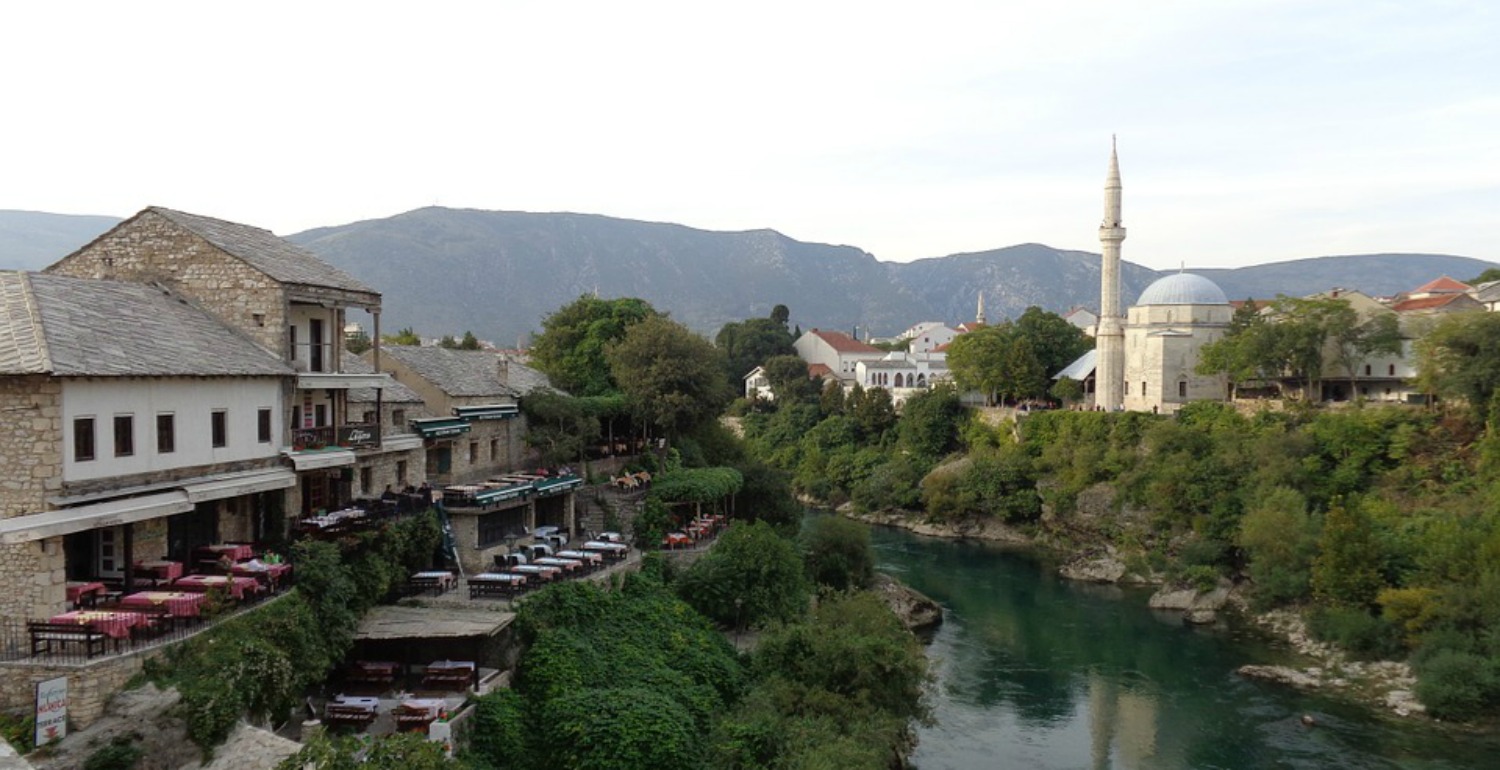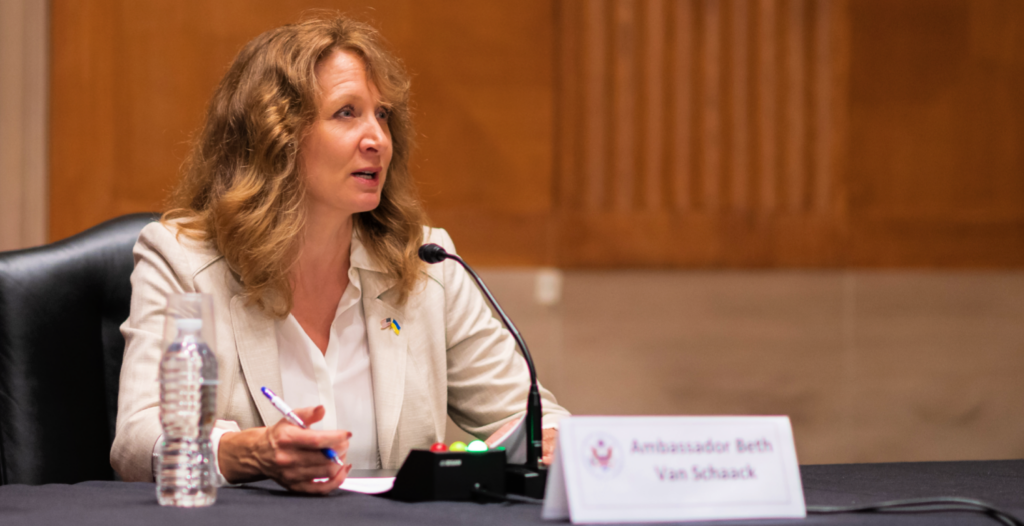In early 1996, with little fanfare, the U.N. Security Council quietly and quickly selected Canadian Judge Louise Arbour to succeed Justice Richard Goldstone, the first chief prosecutor for the International Criminal Tribunal for the Former Yugoslavia. The relative ease with which a replacement was chosen — in contrast to the prolonged, relatively public, and embarrassing manner in which the Security Council members fought among themselves for nearly a year over the selection of the first prosecutor — reflects the dramatically changed circumstances in which the Yugoslav War Crimes Tribunal now finds itself. At the time of Goldstone’s appointment in 1994, most observers of the Yugoslav conflict seemed to fall into one of two categories: those that thought war crimes trials should be held, but did not believe the Tribunal would ever indict anybody above the rank of private (let alone hold an actual trial), and those who believed that the mere discussion of war crimes trials undermined peace negotiations.
Under Goldstone’s able stewardship, the Tribunal has developed a full complement of staff, including prosecuting attorneys and investigators; issued more than fifty indictments, including for the two highest ranking Bosnian-Serb political and military leaders and three members of the Yugoslav People’s Army; obtained custody of three men; and begun the Tribunal’s first trial. Goldstone has deftly managed a multitude of political crises, successfully traversed the treacherous waters of the U.N. bureaucracy, and, thus far, helped safeguard the legal integrity and credibility of the Tribunal. All of these factors, combined with the achievement of a tenuous peace agreement in Dayton in November 1995,2 now make the possibility of war crimes trials seem, to many, more real than ever before.
This memorandum outlines the basic structure of the Tribunal and the most recent developments with respect to investigations and trials, cooperation by U.N. member states with the Tribunal, and funding.





